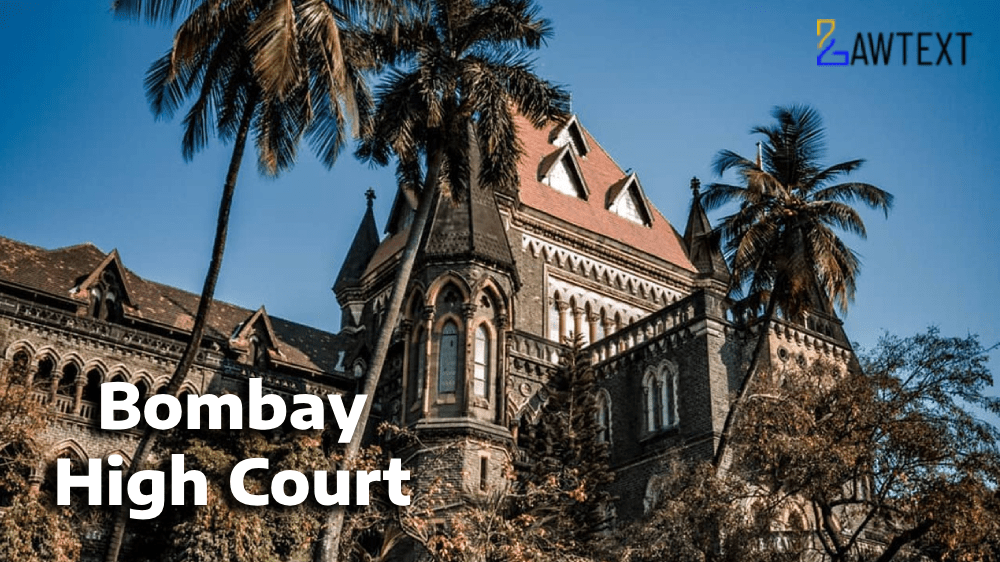

The Bombay High Court addressed a petition regarding the denial of an Integrated Goods and Services Tax (IGST) refund for exported goods. The petitioner, who had exported stainless steel articles in 2017, sought a refund of IGST paid on these exports, which were categorized as "Zero Rated Supplies" under Section 16 of the IGST Act. The refund was denied by the customs authorities on the grounds that the petitioner had claimed a higher rate of drawback. The Court ruled in favor of the petitioner, holding that the refund of IGST paid on exported goods, as stipulated under Section 16(3)(b) of the IGST Act and Rule 96 of the CGST Rules, cannot be denied solely because a higher rate of drawback was claimed.
The case involves a petition filed by an exporter who sought a refund of IGST paid on goods exported in 2017. The petitioner claimed that the IGST paid on "Zero Rated Supplies" should be refunded as per the provisions of the IGST Act, CGST Act, and the relevant rules.
The customs authorities argued that since the petitioner claimed a higher drawback rate, they were not eligible for an IGST refund. This was based on the interpretation that claiming a higher rate of drawback disqualifies the exporter from receiving an IGST refund.
The Bombay High Court ruled that the petitioner's refund of IGST on exported goods cannot be withheld or denied based on the claim of a higher rate of drawback. The Court directed the customs authorities to refund the IGST amount claimed by the petitioner.
This judgment clarifies the distinction between the refund of unutilized input tax credit and the refund of IGST paid on exported goods, providing relief to exporters who may have claimed a higher rate of drawback.
Citation: 2024 LawText (BOM) (8) 269
Case Number: WRIT PETITION NO. 2215 OF 2023
Date of Decision: 2024-08-26
Case Title: Kunal Housewares Private Limited Versus The Union of India & Anr.
Before Judge: G. S. KULKARNI & FIRDOSH P. POONIWALLA, JJ.
Advocate(s): Adv.Devashish K. Trivedi a/w Adv.Garvit Khandelwal for the Petitioner Adv.Jitendra B. Mishra a/w Adv.Ashutosh Mishra a/w Adv.Maya Majumdar a/w Adv.Rupesh Dubey for the Respondents
Appellant: Kunal Housewares Private Limited
Respondent: The Union of India & Anr.